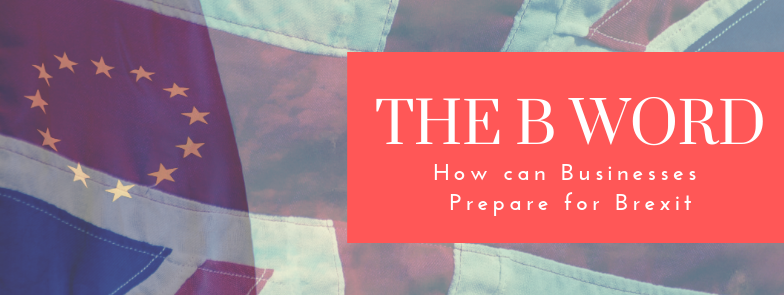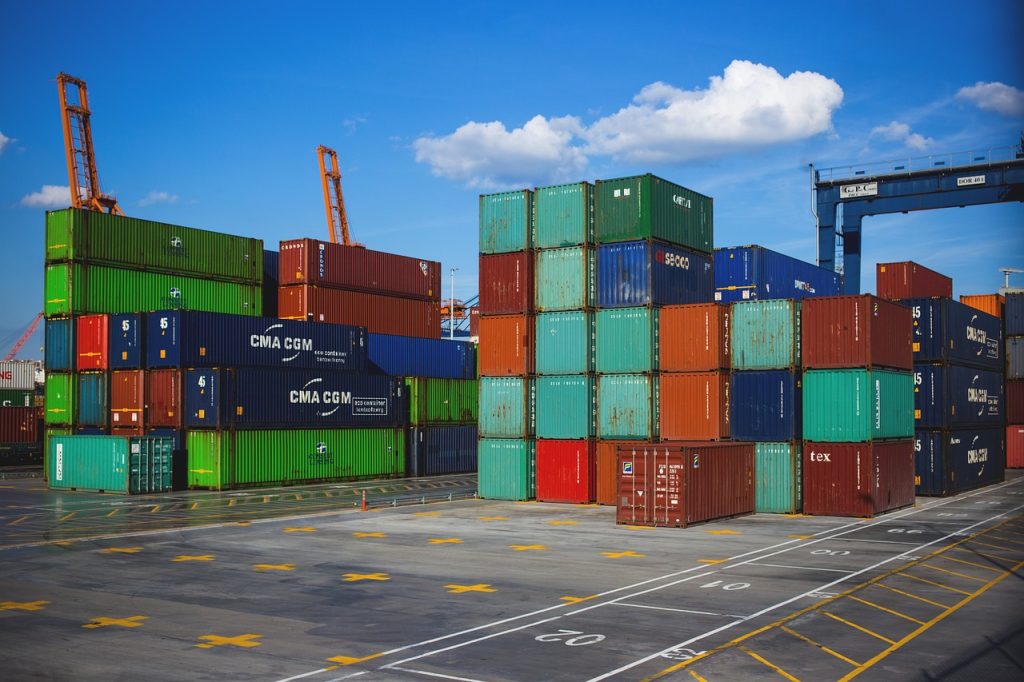
By now we’re sure you’ve heard enough about Brexit and whether you’re for or against, there is no question that there will be some changes made which will affect all businesses. Below, we take a look at some potential changes which may occur once Britain leaves the EU and how businesses can best prepare for what’s to come.
VAT Registration in the EU
As a company which trades goods and holds stock in an EU country to supply EU customers, you will need to register for VAT in that country. You may also need to employ a Fiscal Representative, depending on which country you are holding your stock in. The Fiscal Representative will be jointly liable for any VAT owed.
Make sure you know which countries will be best suited for you to hold your goods and consider whether your current business model will give you enough margin to allow for the increased costs incurred with the new processes.
Import VAT
If Britain leaves the EU with ‘no deal’ then postponed accounting will be introduced in the UK. If this happens you will not need to pay VAT at the border. The only change on VAT will be on parcels valued up to and including £135.
UK-EU Trade Tariffs
As much as the government is trying to protect zero tariffs on trade between the UK and EU, there is a possibility that the EU Most Favoured Nation (MFN) Tariff will be applied. You will need to take into account what these possible changes will mean for your outgoing costs. You will also need to know the HS codes for your products and which tariff will be applicable to your products.
Future Staffing
The current immigration regime will be affected once Britain leaves the EU. If you are likely to employ individuals from outside the UK in the future, then consider what steps you will need to take to hire them. It may be worth thinking about different working arrangements if this suits your business, such as remote working.
EU Nationals
Do you employ workers from the EU27? EU nationals and their family can apply for UK settled status if they have lived in UK for at least 5 years by 31 December 2020. If they do not fulfil these criteria, then they can apply for pre-settled status until they reach these conditions. If you employ individuals from EU27 then think about whether there’s something you can do to help support and retain these skilled and trained workers.
There are many other areas which will be affected by the UK’s exit from the EU and we hope that the information above will help some business in their future decisions and organisation in preparation for Brexit. If you have any queries or would like to discuss how your business could be affected, then please contact us for more information.




